一首你值得一生拥有的诗歌:IF
allowance 宽容, 允许, 许可(限度)
impostor 冒名顶替者, 招摇撞骗者
knave [neiv] 流氓、无赖、恶棍
stoop 弯腰、屈服、堕落
pitch-and-toss 掷硬币游戏(瞄准目标投掷钱币的游戏)
sinew 肌肉、精力、体力
If
If you can keep your head when all about you
Are losing theirs and blaming it on you;
If you can trust yourself when all men doubt you,
But make allowance for their doubting too;
If you can wait and not be tired by waiting,
Or, being lied about, don’t deal in lies,
Or, being hated, don’t give way to hating,
And yet don’t look too good, nor talk too wise;
If you can dream—and not make dreams your master;
If you can think—and not make thoughts your aim;
If you can meet with triumph and disaster
And treat those two impostors just the same;
If you can bear to hear the truth you’ve spoken
Twisted by knaves to make a trap for fools,
Or watch the things you gave your life to broken,
And stoop and build ’em up with worn-out tools;
If you can make one heap of all your winnings
And risk it all on one turn of pitch-and-toss,
And lose, and start again at your beginnings
And never breathe a word about your loss;
If you can force your heart and nerve and sinew
To serve your turn long after they are gone,
And so hold on when there is nothing in you
Except the Will which says to them: “Hold on!”
If you can talk with crowds and keep your virtue,
Or walk with kings—nor lose the common touch;
If neither foes nor loving friends can hurt you;
If all men count with you, but none too much,
If you can fill the unforgiving minute
With sixty seconds’ worth of distance run—
Yours is the Earth and everything that’s in it,
And – which is more – you’ll be a Man, my son!
作者卢迪亚•吉卜林(Rudyard Kipling, 1865—1936),英国著名作家,19世纪90年代在英国几乎是家喻户晓。1907年获诺贝尔文学奖。《如果》是他当时写给他儿子的一首诗,是其脍炙人口的代表作。这首诗历来倍受推崇。吉卜林本人说: “ 如果你在每天清晨读一遍这首诗,你将成为高尚的人; 如果你在每天晚读一遍这首诗,你将成为圣洁的人。”
如果
如果众人在失去理智却归咎与你时,
你依然能镇定自若;
如果在所有人怀疑猜忌你时,
仍能自信如常却对他人猜忌宽容体谅;
如果你能够等待,却不因此而厌烦,
或者被谎言所骗,却不去欺骗别人,
或者被人憎恨,却不心怀憎恨,
而且不去刻意表现超然不凡或谈吐不俗;
如果你充满梦想,又能够不被梦想支配;
如果你善于思索,又不只是想想而已
如果你有能力应对成功和灾祸,
并能以同样态度对待这两种欺世假象;
如果你能够承受听到自己说出的真言,
被流氓歪曲设陷坑害缺乏判断力的人;
或看到自己毕生心血之作被毁坏,
仍能俯身重拾破旧的工具去修建;
如果你获得大笔收益,
却倾尽所有冒险一搏,
即使全部失去仍会从头开始,
而对损失从不吐露半字;
如果你能逼迫你的精神、胆量和体力
消逝很久依然还能为你所用;
还能继续坚持即使你已耗干一切,
而只能听到意志对其呼唤:“坚持!”
如果你跟民众交谈而不失正直善良的美德,
或是和君王一同行走而仍能交往理解民众;
如果你的敌人和挚友都无法伤害到你,
如果对你来说所有人都重要,但无人过分重要,
如果你能用值六十秒钟的远距离奔跑,
去填满生命中无情的每一分钟,
那么你可以拥有整个世界及其万物,
更重要的是你就是真正的男子汉! 我的孩子。
the common touch:
the ability of a powerful or famous person to talk to and understand ordinary people
count:
[no obj.]be significant
有价值;有意义;有影响
The fact that she had apologized counted for nothing with him.
她已道歉,但他认为这是没有用的。
Rudyard Kipling
(Joseph) Rudyard (1865–1936), British novelist, short-story writer, and poet. Born in India, he is known for his poems, such as ‘If’, and ‘Gunga Din’ and his children's tales, notably The Jungle Book (1894) and the Just So Stories (1902). Nobel Prize for Literature (1907)
基普林,(约瑟 夫•)卢迪亚(1865–1936,英国小说家、短篇小说作家、诗人,生于印度,以他的诗及儿童故事著名,其诗有《假如》和《古庙战茄声》,儿童故事代表作为《丛林故事》 [1894]和《就是这样的故事》 [1902],1907年获诺贝尔文学奖)


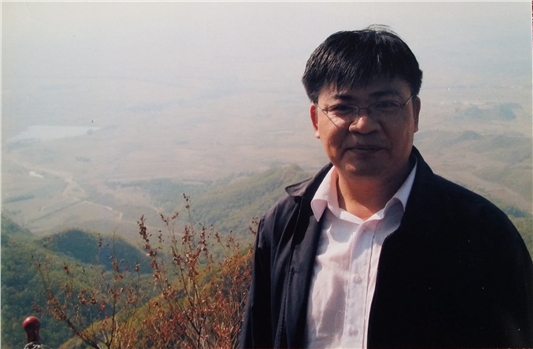
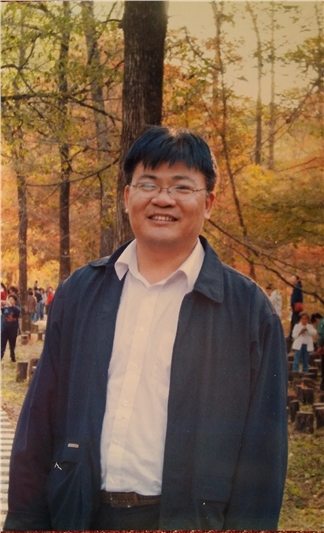

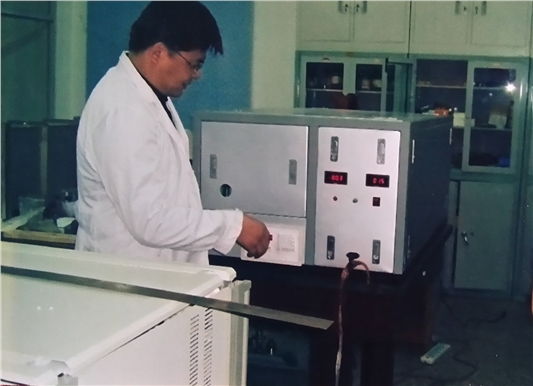
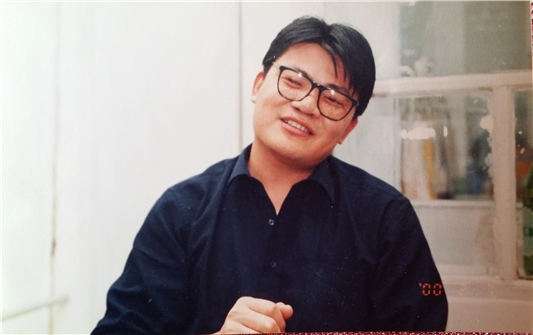
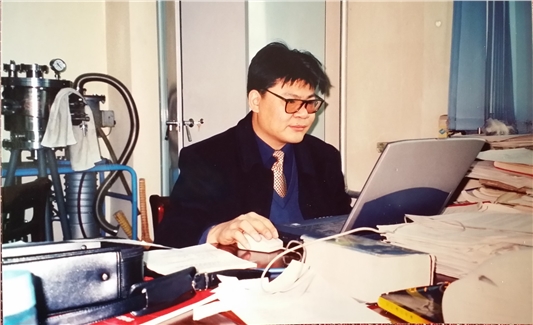
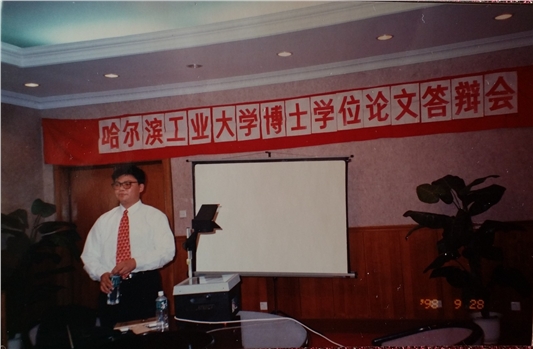
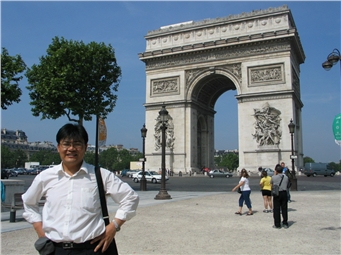
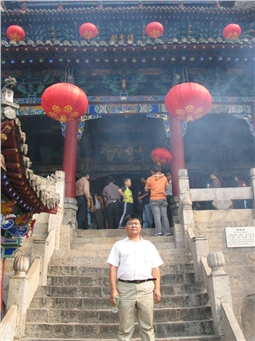
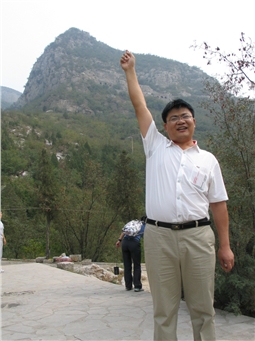
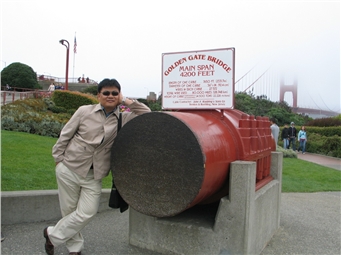
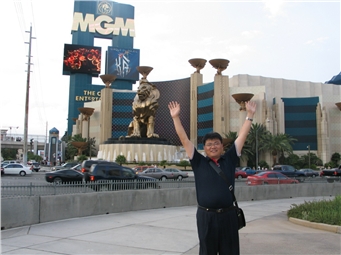
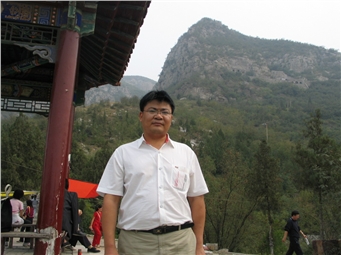


 公安机关备案号:44040302000222
公安机关备案号:44040302000222


